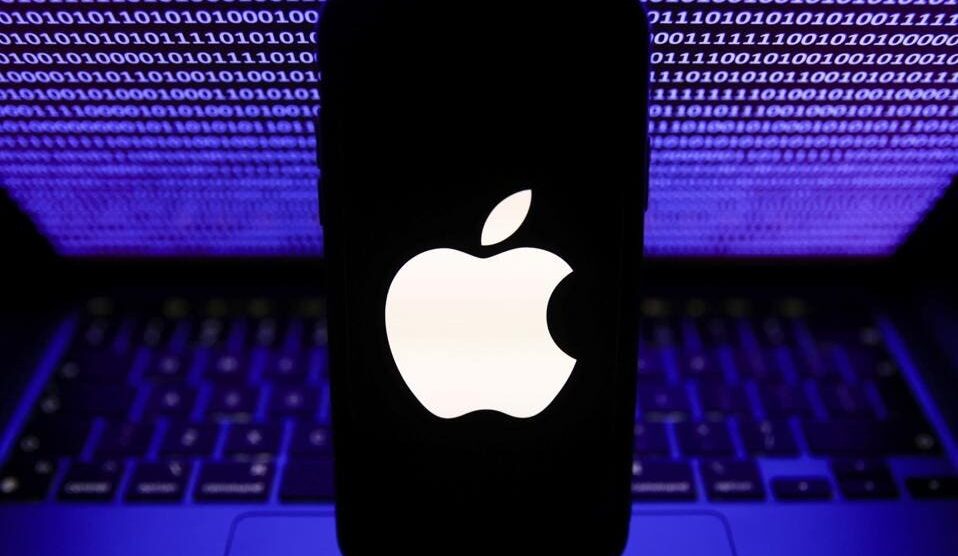A critical warning has been issued for over 2 billion users of iPhones, iPads, and Macs, alerting them to potential Apple ID suspension scams. Reports indicate that cybercriminals are targeting Apple users worldwide with fraudulent emails and messages claiming that their Apple ID accounts have been suspended. These scams aim to exploit users by prompting them to share sensitive account details or download malicious software. With Apple devices being a cornerstone of personal and professional lives, such threats demand immediate attention to safeguard user accounts and data.

The alarming rise in these phishing attempts underscores the growing sophistication of cyber threats targeting major technology ecosystems. These fraudulent messages typically claim that suspicious activity has been detected on the user’s account or that their Apple ID is temporarily locked. The communications often provide a link or a phone number for users to “resolve the issue.” However, these links direct users to counterfeit websites designed to steal login credentials or distribute malware. In many cases, the fake websites replicate Apple’s official site to a highly convincing degree, making it difficult for even vigilant users to detect the fraud.
How the Scams Work
The core strategy behind these scams is social engineering, which manipulates users into revealing personal information under the guise of solving a problem. In this case, the message might assert that your Apple ID is suspended due to unusual activity, an expired verification, or a security breach. These claims are often accompanied by an urgent tone, pressuring users to act immediately to “protect” their accounts.
Clicking on the links provided in such messages typically leads to fake Apple login pages where users are asked to input their Apple ID credentials. Once entered, these details are harvested by cybercriminals, granting them unauthorized access to your account. In some instances, the scam goes a step further by requesting payment details, claiming a need for account verification fees or subscription renewals.
The ramifications of falling for such scams are severe. A compromised Apple ID could allow attackers to access iCloud data, emails, payment information, and even control over connected devices. This level of access could result in identity theft, financial fraud, and loss of personal data.
Identifying and Avoiding Scams
Understanding the hallmarks of phishing attempts is the first line of defense. Authentic messages from Apple will never ask for your Apple ID password, payment information, or other sensitive details via email or text. Additionally, legitimate Apple communications do not pressure users into taking immediate action or threaten account suspension. Verifying the sender’s email address is another critical step, as scams often use addresses that closely mimic official Apple domains but include subtle errors, such as misplaced letters or unusual extensions.
If you suspect that an email or message is fraudulent, refrain from clicking any links or downloading attachments. Instead, access your Apple ID settings directly through Apple’s official website or app to check for issues. Apple’s support team can also verify the legitimacy of any communications you receive.
Proactive Steps to Secure Your Apple ID
To protect your account, enable two-factor authentication (2FA), which adds an extra layer of security by requiring a secondary verification step when logging in from a new device. Additionally, create a strong, unique password for your Apple ID that combines uppercase letters, lowercase letters, numbers, and symbols. Regularly updating your password can further reduce the risk of unauthorized access.
Apple also provides a feature to report phishing attempts. Forward suspicious emails to [email protected], where the company’s security team can investigate and take appropriate action.
A Broader Perspective on Tech Ecosystem Vulnerabilities
The surge in Apple ID phishing scams is part of a larger trend affecting all major tech platforms. With billions of users reliant on interconnected devices and accounts, cybercriminals view these ecosystems as lucrative targets. As Apple expands its services—from financial products like the Apple Card to health-focused initiatives like the Apple Watch—the potential entry points for scams grow.
For Apple users, this means that vigilance and proactive security measures are more crucial than ever. The convenience and integration offered by Apple’s ecosystem are unparalleled, but they come with responsibilities to safeguard against ever-evolving threats.
The threat of Apple ID suspension scams serves as a stark reminder of the importance of cybersecurity awareness. With over 2 billion users potentially at risk, addressing these threats requires both individual caution and collective efforts to educate users. By recognizing phishing attempts, reporting suspicious activity, and securing accounts through robust measures, you can protect yourself and your data from falling victim to these schemes.










Add Comment